Sergei A Grando, University of California Irvine, United States
Pemphigus vulgaris (PV) is a potentially lethal mucocutaneous blistering disease characterized by IgG autoantibodies (AuAbs) binding to keratinocytes (KCs) and inducing devastating blisters affecting oral mucosa and, sometime, also the skin. Most PV patients develop AuAbs against [....] » Read More


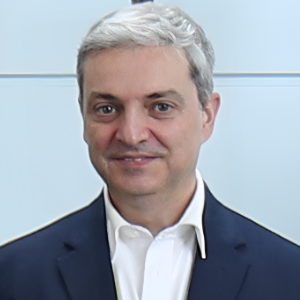
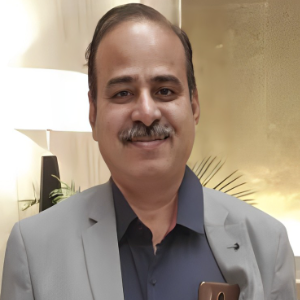

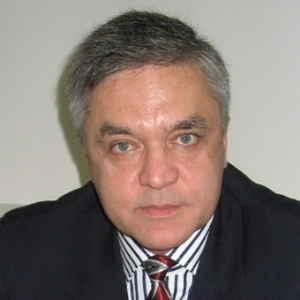

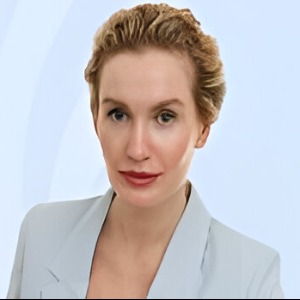
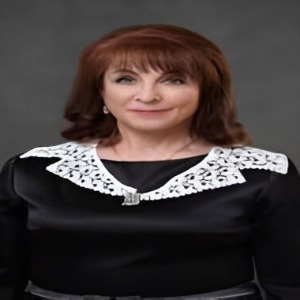
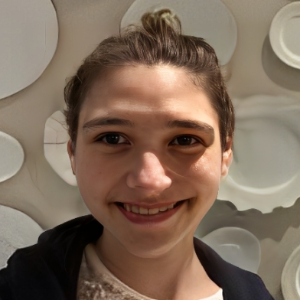
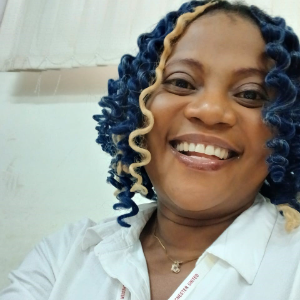

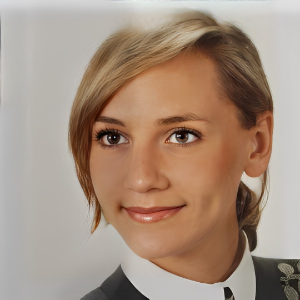
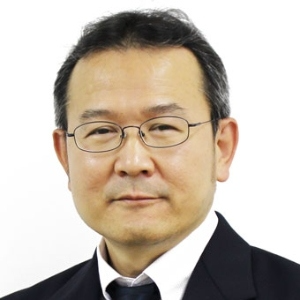
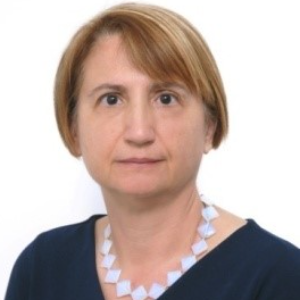

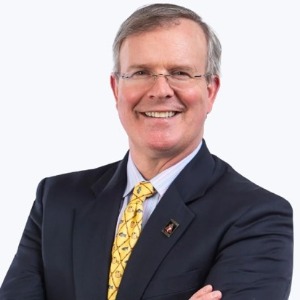

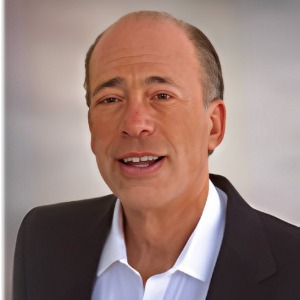
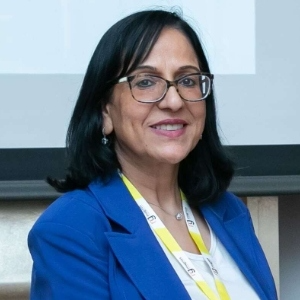
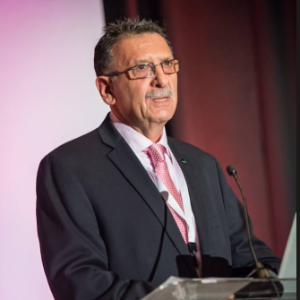
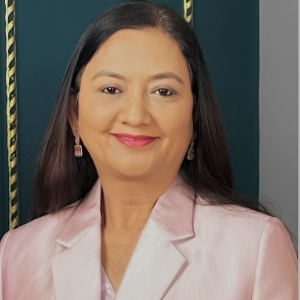
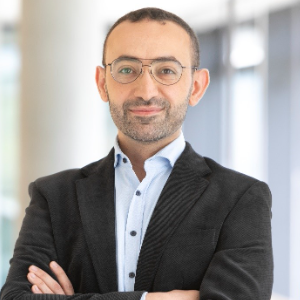
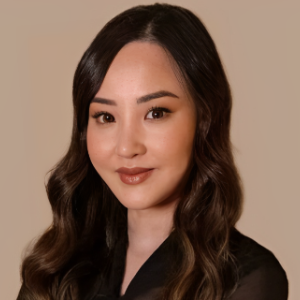
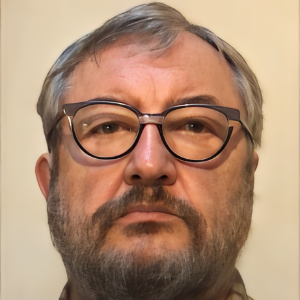
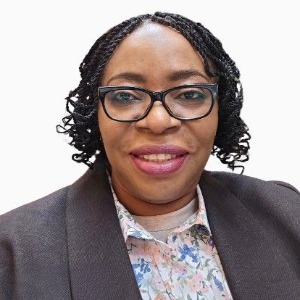




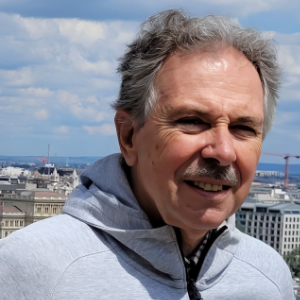
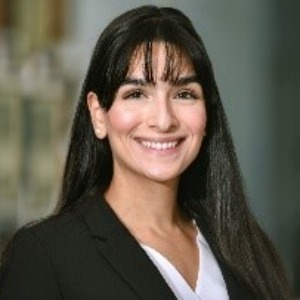
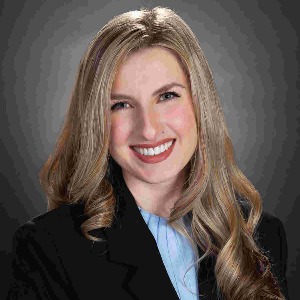

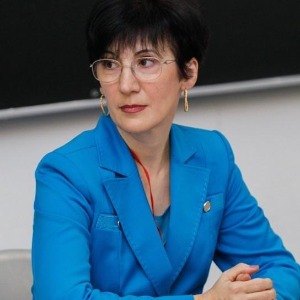
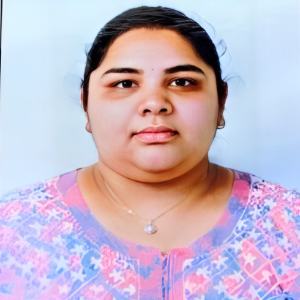
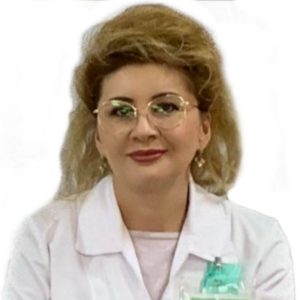
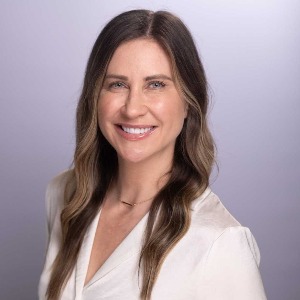
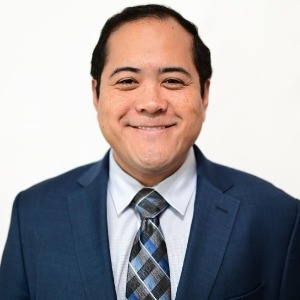




Title : Integrating personalized and precision medicine into dermatology clinical practice securing ITS potential to get skin diseases cured and to revolutionize dermatology
Sergey Suchkov, National Center for Human Photosynthesis, Mexico
Personalized & Precision Medicine (PPM) - driven dermatology uses individualized dermatologic disease-directed targeted therapy for the management of dermatoses and for the evaluation and therapy of cutaneous malignancies. For instance, the pathologic diagnosis of a pigmented [....] » Read More
Title : Global perspectives on skin health: Diversity in dermatology and cosmetology
Dave Ray, Dave Ray Enterprises., United States
Skin health is not merely a reflection of physical well-being; it is a dynamic indicator of holistic health that encompasses emotional, social, and psychological dimensions. As the largest organ of the human body, the skin plays a pivotal role in protection against environmental [....] » Read More
Title : How to correct cosmetic procedures gone wrong
Bharti Magoo, Golden Touch Clinic, India
Cosmetic procedures touted as non-invasive or minimally invasive can sometimes result in complications or unsatisfactory outcomes, even when the physician has performed the procedure skillfully, and to the best of their ability. As the aesthetic field continues to grow rapidly, a [....] » Read More
Title : Improvement of facial beauty by a non-invasive cosmetic approach using a miniprotein
Chajra Hanane, Activen Sa, Switzerland
One of the most easily recognized aspects of beauty is the shape of the face, which can convey age, gender, and attractiveness. In women, an oval facial shape is considered attractive; however, this structure is significantly altered with age due to skin laxity. One solution to p [....] » Read More
Title : Learning from 15 years of multidisciplinary lupus clinic
Bairbre Wynne, St James Hospital, Ireland
Systemic Lupus Erythematosus (SLE) is a multisystem autoimmune disease. For the past 15 years I have run a multidisciplinary monthly lupus clinic with consultant colleagues in Rheumatology and Nephrology with close working relationships to the Oral Medicine Department and Fetomat [....] » Read More
Title : Effectiveness and safety of outpatient dermatosurgical procedures
P Cramer, Dres Cramer, Krosta & Kost, Germany
With the rising preference for outpatient care in dermatosurgery due to its advantages such as shorter waiting times, reduced administrative burden, and quicker reintegration into the patient’s normal environment, it becomes increasingly important to evaluate its safety pro [....] » Read More
Title : The role of artificial intelligence in aesthetic medicine
Irina Poleva, Compagnie Generale des Hospitaux, Italy
This presentation explores the transformative integration of Artificial Intelligence (AI) into aesthetic medicine, focusing on its impact on skin assessment, treatment planning, and patient engagement. It highlights AI's capacity to enhance precision, efficiency, and outcomes [....] » Read More
Title : Cutaneous, metabolic and inflammatory improvements for psoriasis after different biologic treatments: A real-world longitudinal prospective study
Yanhua Liang, Southern Medical University, China
Background: Many tools like psoriasis area and severity index (PASI) are commonly used to evaluate treatment efficacy in clinical settings while an optimal measure of treatment response may overlook systemic response in psoriasis patients under treatment. Aim: To assess and co [....] » Read More
Title : Ozone and ultrasound in tattoo removal: Preliminary in vivo study
Angelica de Almeida Lupatelli, Santo Amaro University (UNISA), Brazil
Tattoo removal, which is currently widely performed using the Nd:YAG laser, still has limitations such as pain and scar formation (Baleisis and Rudys, 2023; Chacur et al., 2014). Therapeutic ultrasound (TUS) has been used in the field of aesthetic health because it promotes biolo [....] » Read More
Title : Innovative method of phototherapy using essential silicon tonic in patients with atopic dermatitis
Mavlyanova Sahnoza Zakirovna, Republican Specialized Scientific and Practical Medical Center of Dermatovenerology and Cosmetology of the Ministry of Health of the Republic of Uzbekistan, Uzbekistan
The development of new methods for treating allergic skin diseases is a priority area of practical dermatology. Recently, there has been an increase in the incidence of severe atopic dermatitis. In the treatment of allergic skin diseases, much attention is paid to physiotherapeut [....] » Read More
Title : Design of experiment for injectable drug products
Shrutimita Dinesh Pokhariyal, Symbio, India
In recent years, injectable dermal fillers have challenged the use of more invasive aesthetic surgical procedures. Based on a survey conducted by the International Society of Aesthetic Plastic Surgery, there were more than 19 million nonsurgical procedures performed worldwide in [....] » Read More
Title : Dermoscopy of topical steroid damaged faces
Macha Soniya, Kamineni Institute of Medical Sciences, India
Introduction: Unsupervised overuse of Topical Corticosteroids (TCS) is highly common in dermatological practice, leading to steroid abuse known as topical steroid damaged face. Topical corticosteroid abuse is rampant and results in steroid addiction labeled as Topical Steroid-Dep [....] » Read More
Title : Pigmentary disorders not just a medical condition
Melanie Miyanji de Souza, Aga Khan University Hospital, Kenya
Pigmentary conditions are a mental bane to the afflicted, more so among dark skinned persons. Determinants of the anguish are cosmetic aspects entangled with perception, misunderstanding, interpretation, social and communal attitudes. These govern the choice of treatmen [....] » Read More